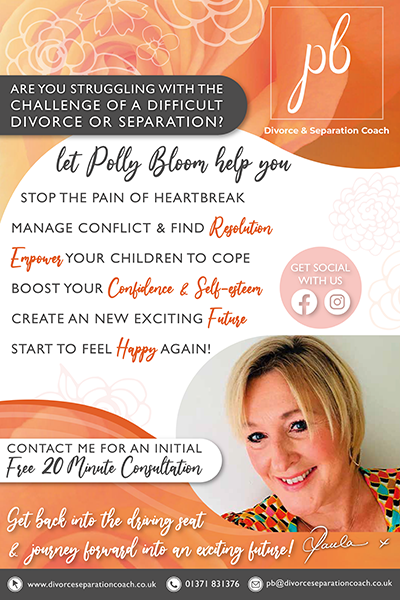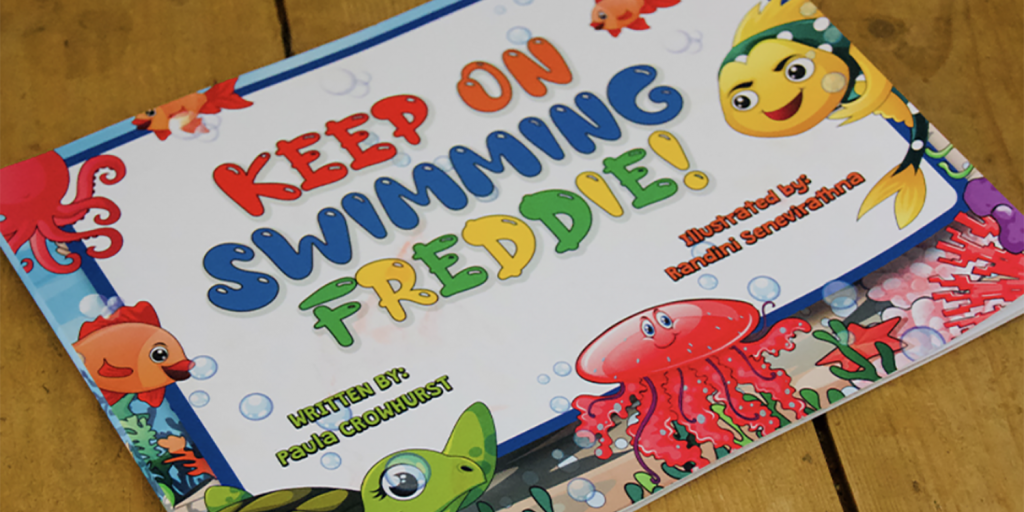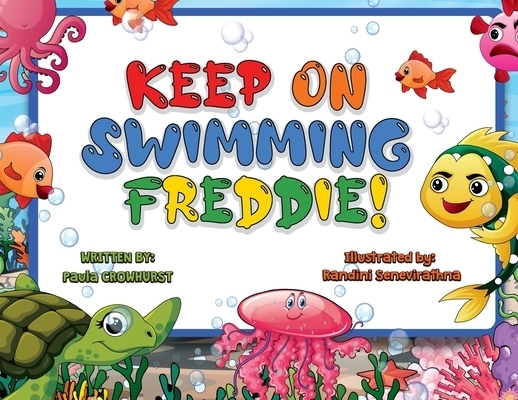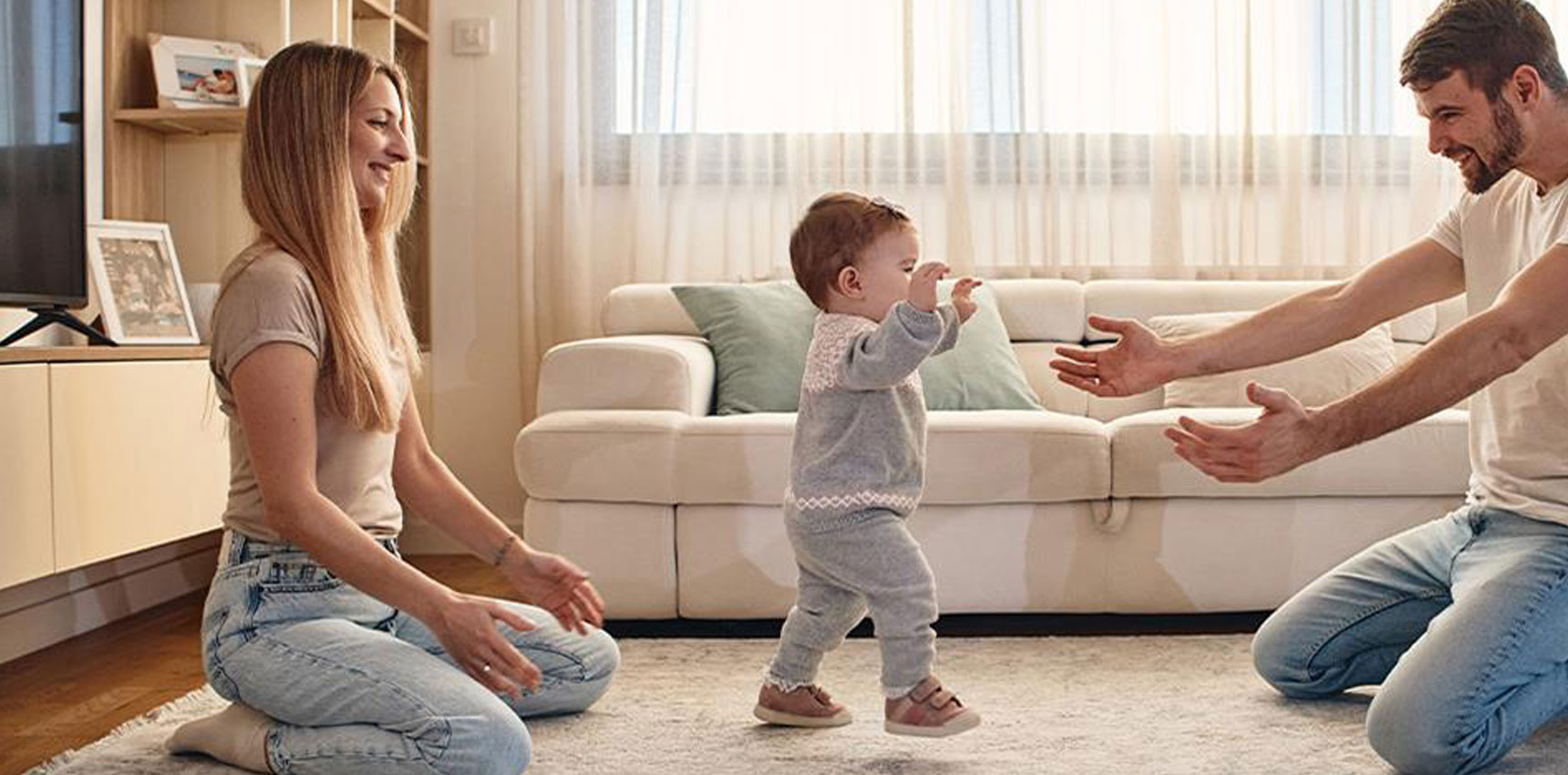The hardest age for children to deal with the break-up of their parents is between 6 and 12. They have the recollection of all the happy family times together, and they do not understand. But if it’s handled well, parents can reduce the psychological effects divorce will have on their children.
Modelling good behaviour during divorce
As parents, our duty is to show our children how to behave by modelling core beliefs and moral values. Children in the early years are like sponges, and they’re impressionable. If you shout and scream, they will think this is acceptable behaviour.
Co-operative parenting, being a single mum or dad, does not mean that your children will be dysfunctional so long as you behave in a responsible and dignified manner.
Children are not objects to be used in the push and pull of divorcing parents. They need to have their parents’ full and undivided attention. So take interest in what they are doing at school and in other areas of their lives. By communicating, co-operating and keeping a close relationship, your children will be less likely to suffer as a result of your separation.

Handling disruptive behaviour
Children do not know how to verbalise how they are feeling. If your son or daughter is being rude, disruptive or naughty, then the root cause of this could possibly be frustration or fear.
To alleviate your child’s fear and worries, remind them that they are loved by both parents. When talking about the breakup, remember to take into account their age and level of understanding.
Most children find that their confusing feelings about divorce are stressful. Some children may internalise their feelings which can possibly result in headaches, stomach aches or behavioural problems. Find ways to help them learn to cope with the change and loss and to continue loving and trusting the important role models in their life.

Children like to have a pattern to their day, and they appreciate boundaries. Try to stick to the routines already established before your break-up by minimising the number of changes your children experience after your separation. Keep them involved in their hobbies and extracurricular activities. Maintain positive connections and relationships with extended family members on both sides, such as grandparents.

Life has changed for you and your children, but please don’t lose sight of what matters most to children. It isn’t materialistic things such as toys or money; it’s the love you show and quality time you spend with them.
This is an extract from the Parental Guide accompanying the children’s book Keep On Swimming Freddie! written by Paula Crowhurst. It is accessible to download from https://www.divorceseparationcoach.co.uk






